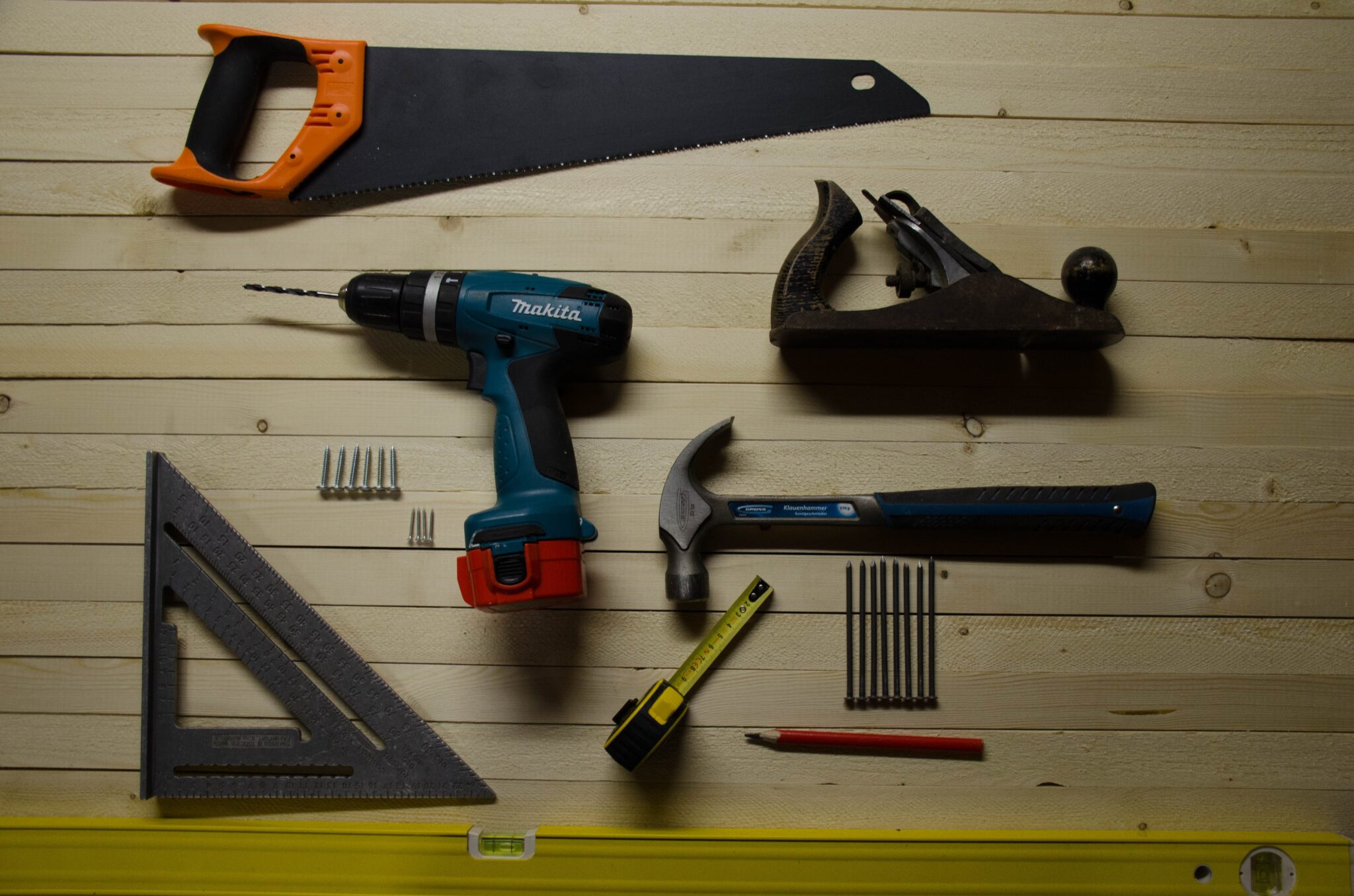Say No to Self-help!
- Randy Karlberg

Many people take pride in the idea of self-reliance. There is a common thought that I can take care of things by myself. The adage, “pulling yourself up by your own bootstraps” comes to mind as one way of explaining the self-reliance principle. I am a person who likes to be prepared and to think through different scenarios in order to have a plan of action if the unforeseen becomes a reality. Most of the time I am not too prideful to ask for help, but I would rather put some time in and figure it out by myself if I can. That is where the incredible assistance of on-line DIY videos become a great asset. If you are unfamiliar with the term “DIY” just say out loud, “Hey! Google…!” But as we are talking about doing things by ourselves, did you know that religious self-help books are a thriving industry? These “help yourself” books bring in around $11 billion each year! I know this, because I said, “Hey Google!”
Now I am not being critical of the DIY movement. As a matter of fact, I love to do things myself if I am able. But the self-help arena where a person tries to “fix” themselves emotionally or spiritually is a massive part of the industry. And sure there are things that we can read about that can help us make changes in our lives, but the viewpoint that if we only make certain adjustments in our life, then we will be whole people is mistaken. By the look at the amount of money annually being spent on this, it is a very popular place for people to turn. There is a certain level of change that can occur and can even be very helpful to an individual. True change though only comes through admitting that we are sinful people in need of a Savior.
One of my favorite examples of the attempt at personal change comes from C.S. Lewis’ timeless work, The Voyage of the Dawn Treader. There is a character named Eustace Scrubb. (Yes, he almost deserved the name.) He is a selfish boy who only considers himself. He is a miserable lad that looks out for himself and is convinced that others should look out for him as well. It is revealed in this story that dragons are notorious for being selfish hoarders. This goes along with the condition of a dragon’s lair which is known to have precious gems and other shiny valuables stacked up and protected by the dragon. Eustace has what he thinks is a dream in which he becomes a dragon due to his self-centeredness. He looks in a pond and is frightened by his own reflection because he has become a dragon. He flies around trying to get sympathy from his acquaintances. However, they are terrified of him and do not recognize that it is indeed Eustace in a different form. He decides to try and scrap off the leathery dragon scales only to realize that the more he scrapes them off, the more they return as before. He realizes that he can do nothing to change his dragon self. In comes Aslan the lion to do the transforming of Eustace back into a boy. Aslan takes his razor-sharp claw and begins to cut Eustace deep to remove the dragon shell. Eustace exclaims, “I was afraid of his claws, I can tell you, but I was pretty nearly desperate now. So I just lay flat down on my back to let him do it. The very first tear he made was so deep that I thought it had gone right into my heart. And when he began pulling the skin off, it hurt worse than anything I’ve ever felt. The only thing that made me able to bear it was just the pleasure of feeling the stuff peel off. You know – if you’ve ever picked the scab off a sore place. It hurts like a Billy-Oh but it is such fun to see it coming away.” Thus, we hear in a creative account how God must do the work of changing us! This process is called sanctification, and yes it does hurt. But it hurts in such a way that you cannot ignore how much better of a person you are, having been surgically, spiritually renewed through the gracious work of Jesus Christ. This is a vivid way of understanding the work Jesus has done and is doing in us. II Corinthians 5:17-18, “Therefore, if anyone is in Christ, he is a new creation. The old has passed away: behold, the new has come. All this is from God, who through Christ reconciled us to Himself and gave us the ministry of reconciliation.” The only true, eternal change does not come from ourselves. It comes from the work of Christ in us. This process of becoming a new creation is not an easy nor painless process. As a matter of fact, there is a good deal of pain involved. But the tremendous result of a transformed life is well worth the agonizing process.
So when we are talking about our Christian life there really is no such thing as DIY. As a matter of fact, those who promote spiritual self-help are actually giving advice that is contrary to what God has for us. Say no to DIY, and say yes to HDIH (He Did It Himself)! Because HDIH is the only path forward to becoming the new creation God has for us to become.










